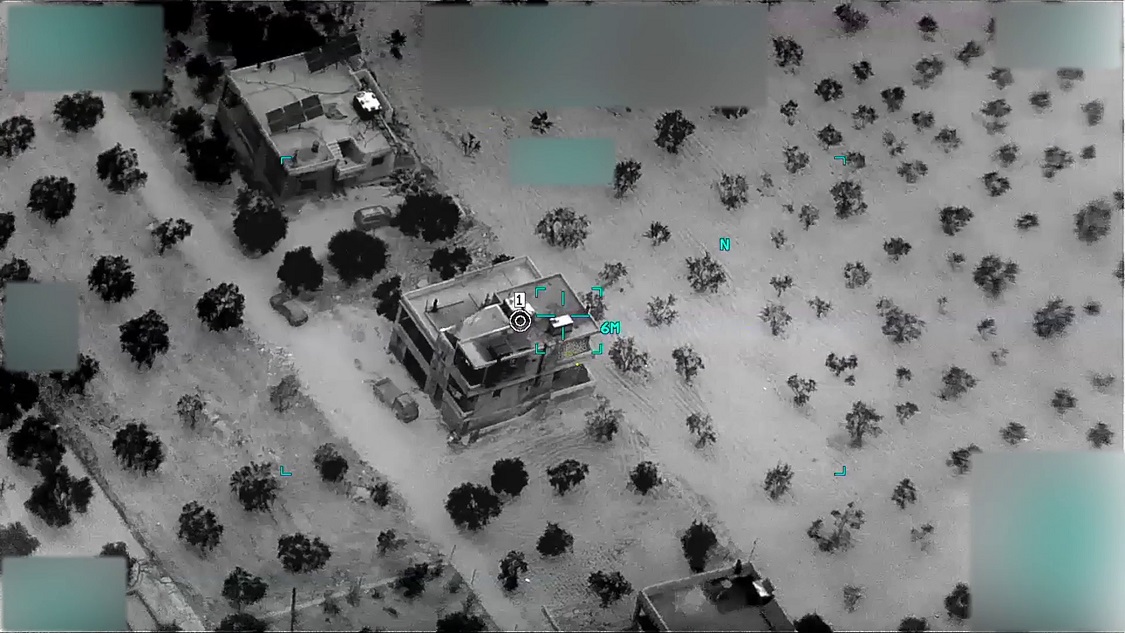Turkish police have reportedly captured the new Islamic State (IS) leader Hassan Hashimi Quraysh in Istanbul, who became a head of the terrorist organization three months ago after U.S. troops killed his predecessor, Ibrahim Hashimi Quraysh.
According to the Turkish online news portal, OdaTV, the police arrested Quraysh last week during an international operation. Resources remain anonymous due to the sensitivity of the topic, however, according to the Bloomberg portal, the entire capture of the jihadist leader took place without opening fire.
OdaTV claims that Quraysh did not resist and is now being questioned by Turkey’s secret service. According to this portal, Turkish President Recep Tayyip Erdoğan will announce his arrest in the coming days.
Hasan Hashimi Quraysh became the leader of IS in March this year after the previous IS leader Abu Ibrahim Hashimi Quraysh died in early February during a U.S. special forces operation in northwestern Syria. Quraysh detonated a bomb during the operation, killing himself and his family.
The name Quraysh is used as a pseudonym and does not indicate the men are related. The name Quraysh derives from the Quraysh tribe, to which the Muslim prophet Muhammad belonged — IS claims that its leaders are descendants of the same tribe.
The arrested leader is supposedly a brother of Abu Bakr Baghdadi
According to the Iraqi secret service, the arrested Hassan Hashimi Quraysh is the brother of Abu Bakr Baghdadi. In 2014, Baghdadi created the IS caliphate from the conquered territories of Iraq and Syria.
IS radicals began to occupy large areas in Iraq and Syria in 2014, and enforced their strict interpretation of Islamic Sharia law in the conquered territories. At one point, they controlled almost half of Syria and about a third of Iraq.
The civil war in Syria contributed to their expansion. In Iraq, IS was defeated in 2017, and its reign in Syria ended in March 2019. In both countries, however, they still control smaller cells that continue to commit attacks. IS branches also operate in other countries, carrying out assassinations in Afghanistan and in some African countries.





